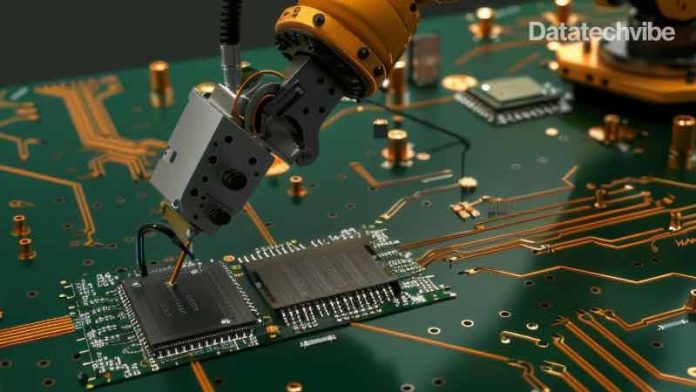Rapidus will use robots and artificial intelligence (AI) to automate production at the facility in order to reduce delivery times by one-third, compared with rivals.
Japanese chipmaker Rapidus is planning to build a fully automated 2nm chip fab in Hokkaido, Northern Japan.
According to a report from Nikkei Asia, the company will use robots and artificial intelligence (AI) to automate production at the facility in order to reduce delivery times by one-third, compared with rivals.
Speaking to the news outlet, Rapidus President Atsuyoshi Koike said the chipmaker “will offer higher performance and faster turnaround times than other companies on the same 2nm products.”
The company broke ground on the chip fab in September 2023 and Koike said it would install Japan’s first extreme ultraviolet (EUV) lithography system at the facility in December 2024, adding that “multiple” machines would eventually be deployed at the fab. Prototyping of the 2nm chips is expected in 2026 but mass production isn’t slated to begin until the following year.
While front-end chipmaking processes are already highly automated, back-end processes, such as packaging and testing, still rely heavily on human involvement. Koike said it was these back-end processes that Rapidus is looking to automate, telling Nikkei Asia that “as assembly becomes more complicated, we handle more materials, which requires speed and efficiency.”
Rapidus was founded in November 2022 when the Japanese government and eight Japanese technology and automotive firms, including SoftBank, Sony, and NTT invested over 70 billion yen ($500 million) to launch the business.
In April 2024, the company announced it had accepted an additional 920 billion yen ($3.9bn) in government funding but Koike said this isn’t enough to cover all the fab’s costs, and Rapidus is struggling to secure private funding due to its lack of experience in the industry.
That month, Rapidus formed a US subsidiary dubbed Rapidus Design Solutions (RDS) based in Santa Clara, California.









